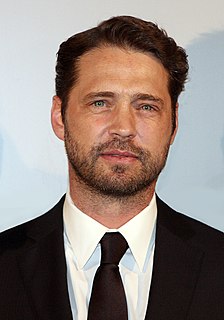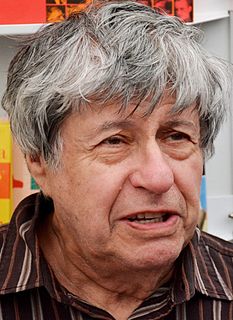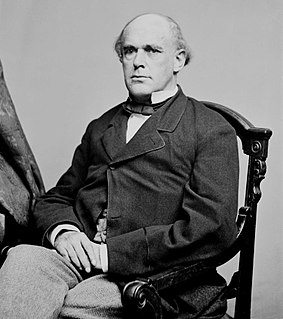A Quote by Thomas de Quincey
I feel that there is no such thing as ultimate forgetting; traces once impressed upon the memory are indestructible.
Quote Topics
Related Quotes
you come home, and everyone talks at once and everyone asks questions, but no one waits for the answers.Instead they talk about themselves, what they've been up to, what they're going to do next, as if you're a photo on the wall.And then they talk to one another, forgetting you've jsut flown in, forgetting you're in the backseat, forgetting they've already said it all.
We no longer see the evolution of the nervous system, but that of a certain individual. The role of the memory is very important but... not as important as we believe. Most of the important things that we do don't depend on memory. To hear, to see, to touch, to feel happiness and pain; these are functions which are independent of memory; it is an a priori thing. Thus, for me, what memory does is to modify that a priori thing, and this it does in a very profound way.
A song playing comprises a very specific and vivid set of memory cues. Because the multiple-trace memory models assume that context is encoded along with memory traces, the music that you have listened to at various times of your life is cross-coded with the events of those times. That is, the music is linked to events of the time, and those events are linked to the music.
to look back on one's life is to experience the capriciousness of memory. ... the past is not static. It can be relived only in memory, and memory is a device for forgetting as well as remembering. It, too, is not immutable. It rediscovers, reinvents, reorganizes. Like a passage of prose it can be revised and repunctuated. To that extent, every autobiography is a work of fiction and every work of fiction an autobiography.
Once we have forgiven, however, we get a new freedom to forget. This time forgetting is a sign of health; it is not a trick to avoid spiritual surgery. We can forget because we have been healed. But even if it is easier to forget after we forgive, we should not make forgetting a test of our forgiving. The test of forgiving lies with healing the lingering pain of the past, not with forgetting the past has ever happened.


































